My mother saw to it that we escaped from Nazi Germany intact, while a dozen family members, those who refused to leave, perished. That fact has impacted my life in various ways, both large and small.
Having almost been killed at an early age, I appreciate being alive. Historic films of the Holocaust show young children, bundled up into multiple outfits, being pushed onto a train or huddled together in a public square, bewildered and frightened. This could have been me. I look at the faces. I almost see myself there. And then I realize once again that I was spared. Why?
Something, obviously, is expected — no, demanded — of me, for having survived. I do not feel guilt, as I explained to someone just a few days ago. Somehow the subject comes up nearly every day in some way. An article, a comment, even a song reminds me of the near miss, the miracle, that has brought me to this moment. No, I do not feel guilty for having survived, as it had nothing to do with any bargain of mine. But I do feel an obligation to use my talents to create things of value. To use my time and at least some of my resources to alleviate suffering.
I’m aware now of a pattern that began when I was still a child. I remember the approach of Christmas when I was in third grade. My friends were talking about their Christmas trees and the presents they expected. They turned to me for comment. I replied, “We don’t keep Christmas. We’re Jewish.”
“What? You killed our Lord!”
I remember we were sitting in a circle on the grass. “I didn’t kill anybody,” I said.
And I proceeded to explain about Chanukah, eight nights, eight candles, eight gifts. I recited the Hebrew blessing for bread. They were impressed and never again said anything about killing Jesus, at least not to me.
So chalk one up. Was that discussion of any real value? I’ll never know. But at least I know that I didn’t just slink quietly away.
Speaking out is one of my life patterns. I know from experience what happens when, as Simon Wiesenthal warned us, good people keep silent. When I go out and speak to schoolchildren, I tell them about myself at the age of 3, going to the park with my nanny in Berlin. The park was lovely, with a pond and willow trees and ducks. One day, when we arrived, a sign greeted us. “NO DOGS OR JEWS ALLOWED.”
I ask my young audience, “What do you think might have happened if the good people of Berlin had spoken out? What if they had ripped out that sign and all the others? What if they had demanded justice?”
I make waves. When someone is being victimized, I object.
I object by telephoning the White House and logging in my complaint. I will approach the neighbor whose kid is being a bully. I’ll complain to the school when a suspicious character is lurking around. I can be a pain in the butt, a nasty old coot, whatever names you want to call me. But I won’t remain silent.
It is not attractive to be a whistle-blower.
It is less attractive to be an accomplice to injustice.
This is something I learned from the Holocaust.
Small habits have their roots in my past. Before I go out on a road trip, even for just an hour, I toss a banana or a granola bar into my bag. Because you never know what could happen along the way. Life is uncertain: Take care of yourself.
My mother, who lived to the age of 96, would follow me to her door whenever we said goodbye. She’d press something upon me — a box of Kleenex, a soda — and she invariably asked, “Did you bring a sweater?”
Of course I brought a sweater. Summer in Los Angeles, it can be 90 degrees, but I’ll have a sweater in the back seat of my car. Because you just never know.
The same goes for a little money in some secret place in the house. Cash is always negotiable. What if we suddenly had to leave? Grab the cash, the passports, a few personal items. Be prepared.
My grandmother was certainly not prepared. She refused to leave Germany even though the Nazis were roaming the streets, vandalizing stores, roughing up people. She insisted that nobody would want a 75-year-old woman. She was right. Nobody wanted her. They pushed her onto a train and then gassed her at Auschwitz.
I still try to avoid trains. The rattling sound of metal wheels on the tracks, the creaking, the relentless swaying, brings me a sort of primal terror. Images of those transports appear as if I, myself, had been there.
My son, born in the USA, told me about attending a conference in Germany. He landed in Frankfurt and had to travel to a northern town. It happened to be Yom HaShoah. He and several other Jewish conferees met at the station. “It’s odd that we found each other and starting talking about how nervous we were to be in Germany, especially on this day. We were all thinking the same thing. It was much less expensive to take the train, but we all decided to fly.”
I didn’t consciously teach any of this to my children. But I notice that they, too, keep a good supply of food on hand. They take responsibility for their survival, to the extent that anybody can control what happens next.
We Jews have been accused of paranoia. Perhaps we do have a dose of that. I call it street smarts. My mother had it in spades. Those who were passive and permissive didn’t live to tell the story.
Few ancient peoples are still around today. I’ve never met a Canaanite or an Assyrian. If they are still here, they have virtually lost their national identity and their influence. How do we account for our endurance as a people? According to our tradition, God guarantees our survival. What is expected of us is to do no harm to others and to remember.
Remember.
Sonia Levitin is the author of many award-winning books for children and adults. She lives in Los Angeles.






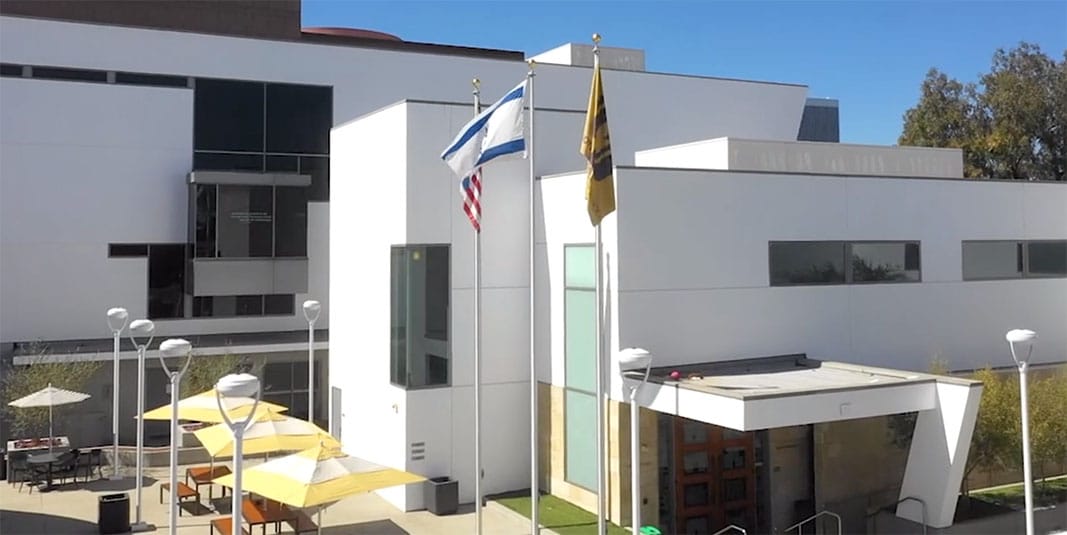
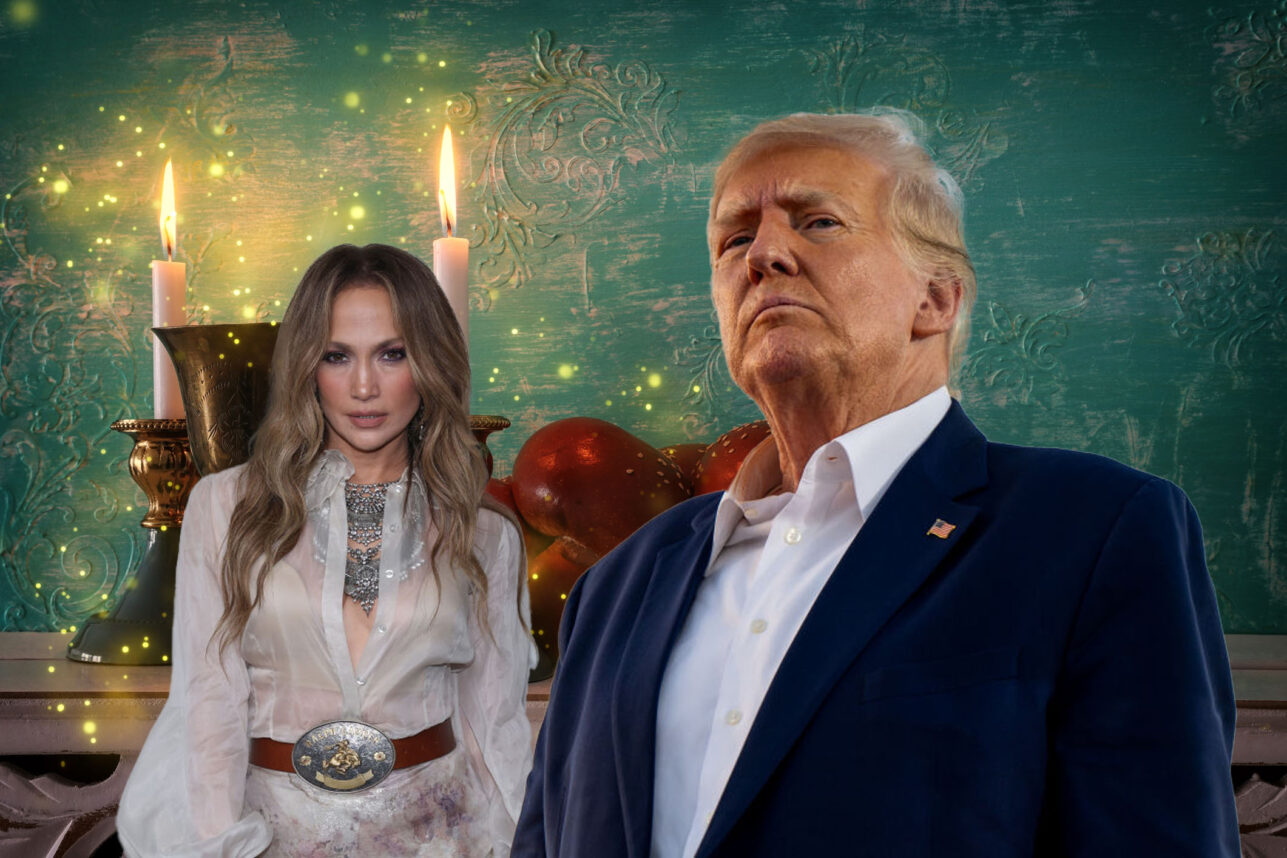
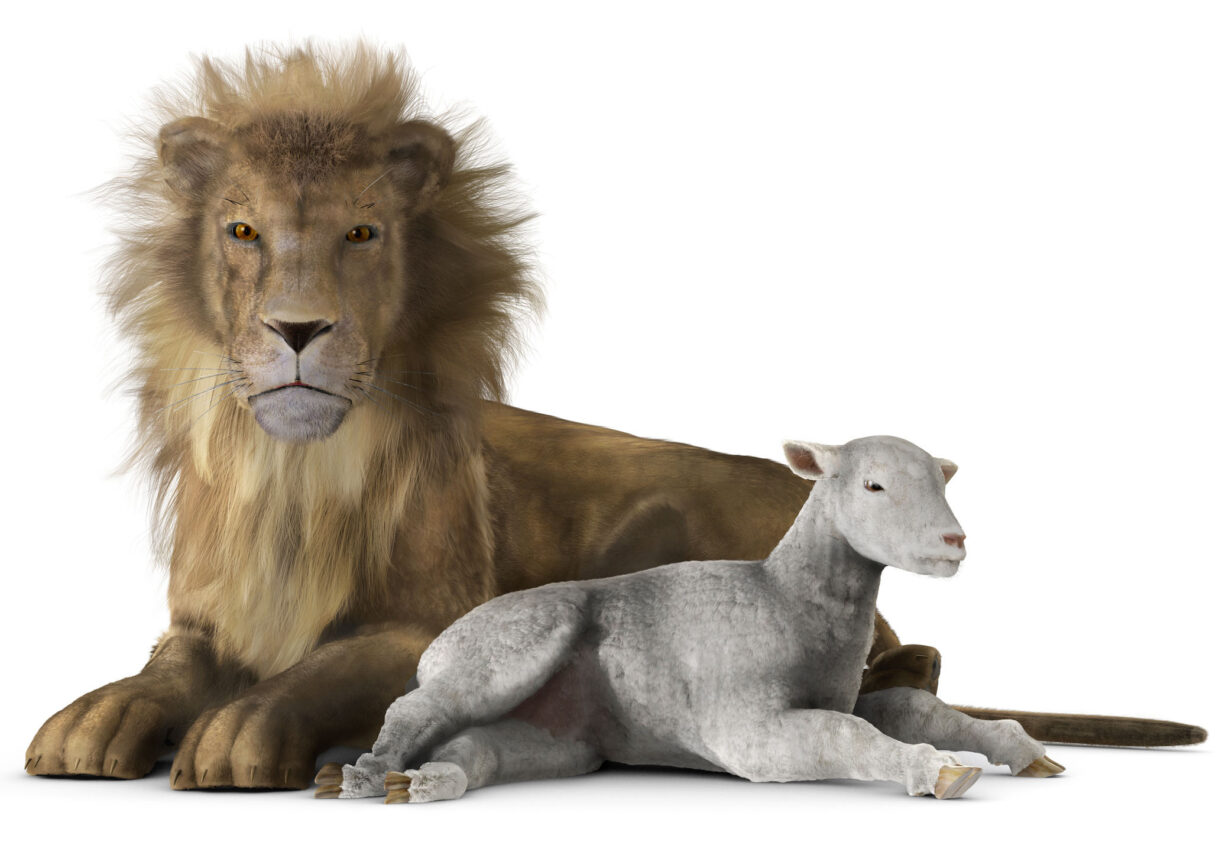

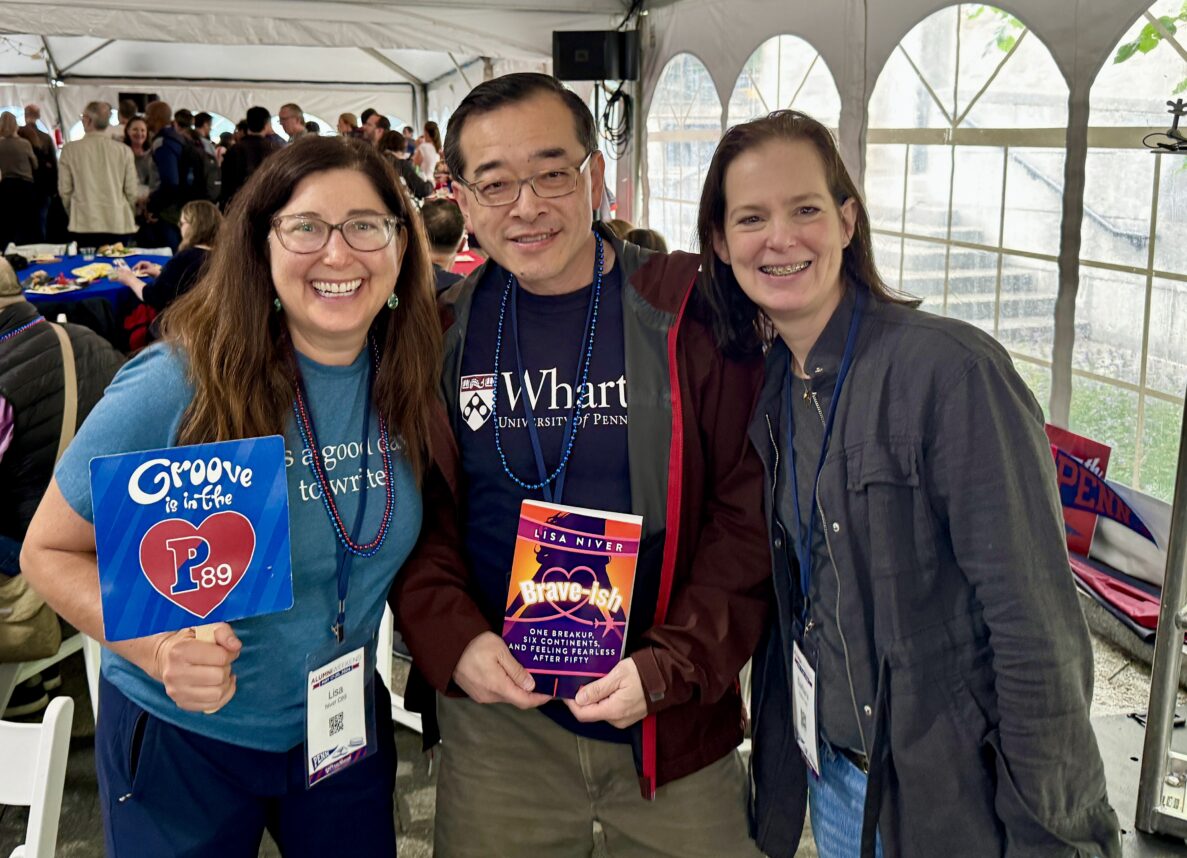
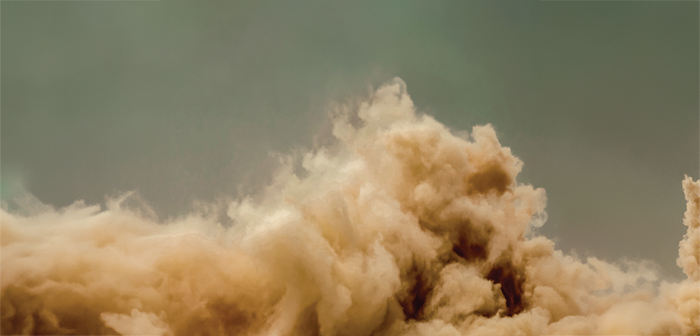

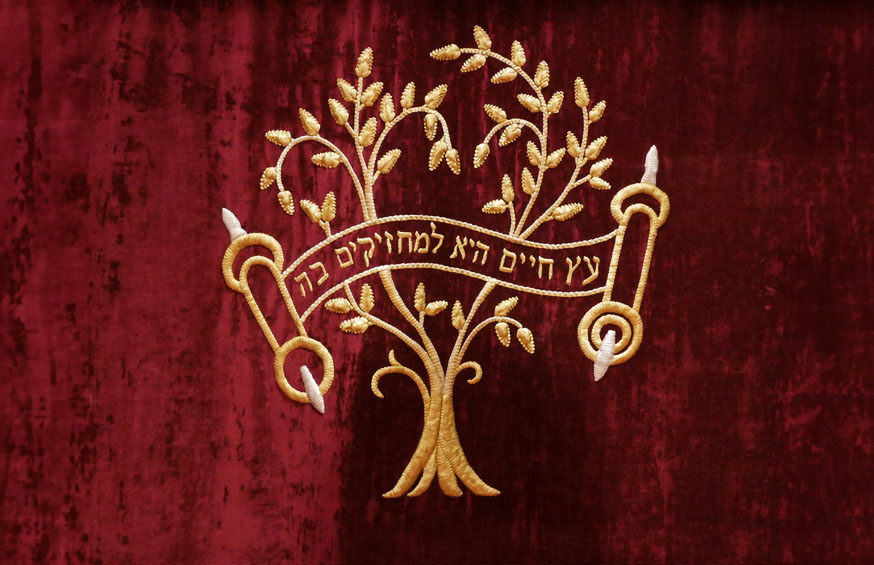
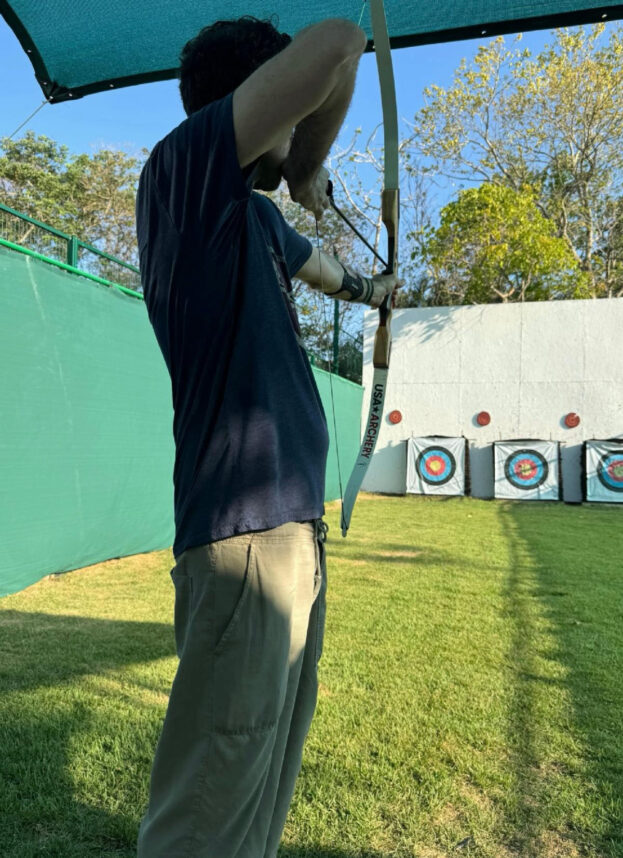
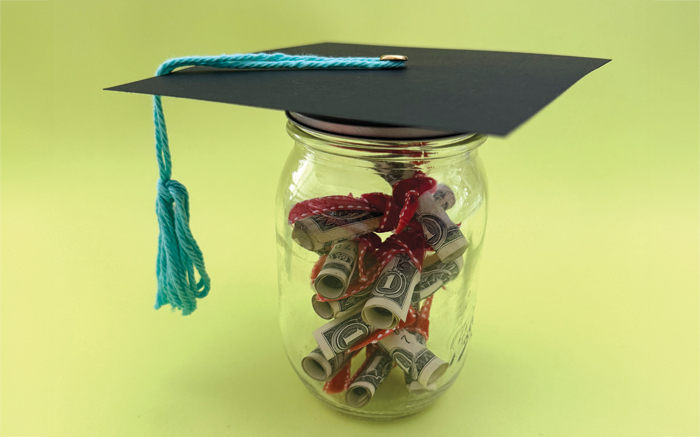






 More news and opinions than at a Shabbat dinner, right in your inbox.
More news and opinions than at a Shabbat dinner, right in your inbox.